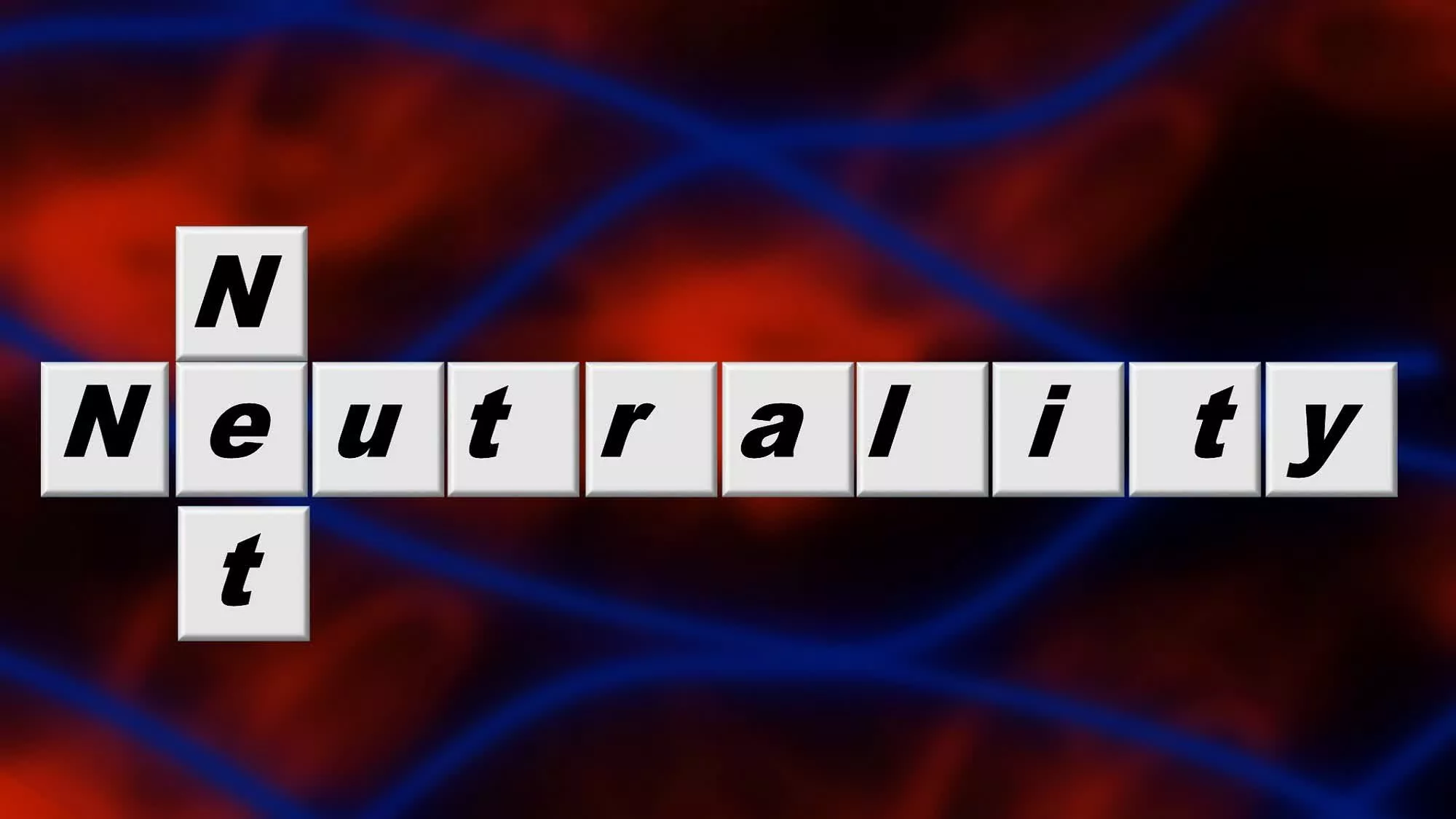In a nutshell: The FCC has voted to reinstate net neutrality in the US seven years after being repealed under former FCC Chair Ajit Pai. The 3-2 vote on Thursday was along party lines, with the three Democratic commissioners, including Chair Jessica Rosenworcel, voting in favor of the bill.

The Obama-era rules classify broadband service providers in the US as common carriers under Title II of the Telecommunications Act, subjecting them to the same regulatory oversight as telephone networks and cable TV. According to the FCC, the open internet standard will "protect consumers, defend national security, and advance public safety."
Internet service providers (ISPs) were classified as common carriers in 2015 under the Obama administration's Open Internet Order, a move that aimed to bring them under regulatory oversight. The order also introduced a set of net neutrality rules, ensuring an open and equally accessible internet for all users. However, these rules were overturned a few years later, a decision criticized by net neutrality advocates nationwide.
Today we voted to restore Net Neutrality. This reestablishes a national open internet standard to protect consumers, defend national security, and advance public safety. https://t.co/moRpznTDEd
– The FCC (@FCC) April 25, 2024
The principle of net neutrality states that all internet traffic, irrespective of their source or destination, must be treated the same. As part of that principle, the rules bar the creation of "internet fast lanes" that could offer a massive advantage to corporate monoliths to the detriment of their competitors. Without net neutrality, behemoths like Google, Meta, and Microsoft could pay large sums of money to ISPs to get fast upstream connectivity to end users, while reducing the speeds of their smaller competitors to a crawl.
However, net neutrality aims to prevent such scenarios to ensure a level playing field for all internet users regardless of who they are. The rules also prevent anti-consumer behavior, like the so-called "zero-rating" schemes that involve ISPs arbitrarily exempting particular websites and services from data caps to boost their traffic artificially.
This week's vote to restore net neutrality has received widespread support from activists and former FCC commissioners, who believe that it will lay the bedrock for a consumer-friendly internet. However, it also has some notable dissenters, including Ajit Pai, who criticized the FCC's actions as a "complete waste of time" and blamed "a gaggle of Beltway partisans" for imposing an unwanted regulation on American citizens.
FCC reinstates Net Neutrality in the US to ensure a level playing field for all internet users